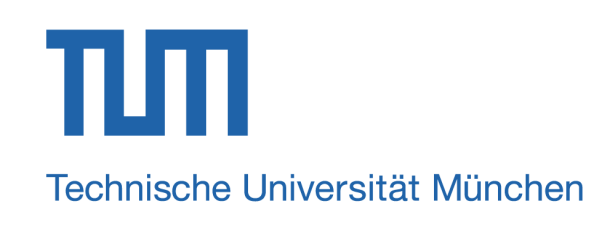TUM & Max Plank Institute researchers advance development of new materials for quantum technologies

(Phys.org) Physicists at the Technical University of Munich (TUM) and the Max Planck Institute for Solid State Research in Stuttgart have now made an important advance in the development of novel materials for such components. These materials may also be the key to quantum computers that are less susceptible to interference.
The scientists headed by Dr. Marc Wilde in Prof. Pfleiderer’s team have now demonstrated that there are materials with planes through which the bands always pass in pairs. These are known as nodal planes and make localizing crossings at the Fermi level easy. They are always exactly where the conduction band edges pass through such a plane. One of the first examples are single-crystals of manganese-silicon.
“An essential prerequisite is the presence of so-called ‘non-symmorphic’ symmetries. In manganese silicon, this is a twist in the arrangement of the atoms,” says Andreas Schnyder. “But that’s not all,” says Marc Wilde, “We were also able to show that magnetization in these kinds of materials can cancel the crucial symmetries and, as such, the nodal planes. The magnetization direction is effectively like a pair of scissors that we can use to cut through the Möbius strip.”
“Using manganese silicon as an example together with the recently developed theoretical principles, we may now select and optimize materials in a concerted effort,” says Christian Pfleiderer. “These new materials could enable not only much more energy-efficient electronic devices, but also absolutely novel applications in which we use external magnetic fields to control the effects of magnetization on nodal planes.”
“In this way,” Pfleiderer hopes, “these materials might even facilitate topological quantum computing in the future. Because of the characteristics of the crossing points, corresponding QBits would be much less sensitive to interference.” Quantum computers built on this basis might even shake off the requirement of operating at temperatures near absolute zero.





















